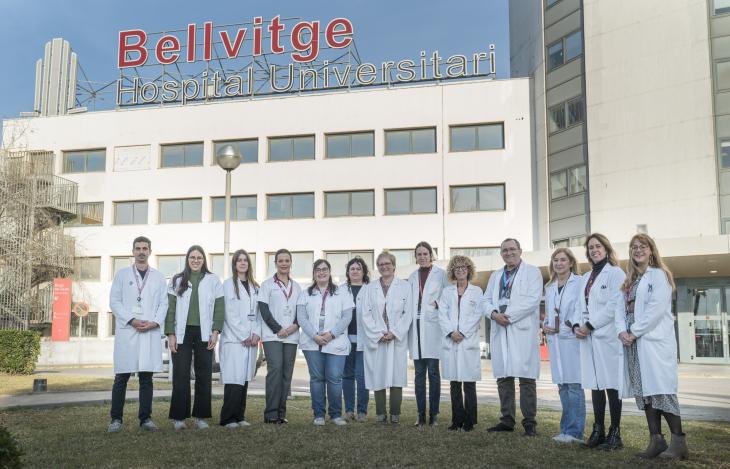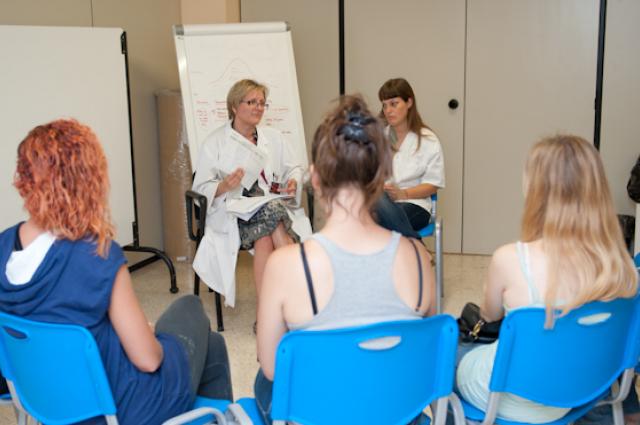
"The Clinical Psychology Service at Bellvitge University Hospital emerged in response to the growing need, both within and across hospitals, a need shared by other national and international centres, to underscore the care, research, and teaching activity of Clinical Psychology as an independent discipline within the field of mental health. Particularly in the wake of the pandemic, there has been an increasing demand from patients, professionals, and the wider population for rigorous, specialised, and evidence-based psychological care across various healthcare domains."
From this global framework, the functions of the clinical psychologist must extend far beyond interventions in pathologies listed in the diagnostic manuals of mental disorders. This involves incorporating tasks and responsibilities in health maintenance programs, the onset and development of illnesses, response to chronic processes, increased adherence to treatments, improvement of adaptation to diseases, enhancement of quality of life, self-care training, and family intervention. In adopting this approach, not only is close and constant collaboration with various medical and surgical services within the hospital necessary, but also with community health devices in the region.
Therefore, the objectives of the Clinical Psychology Service are framed within five main axes, understood from a cross-sectional perspective of the functions of Clinical Psychology (Fig. 1).
1. Evaluation and psychological intervention for psychiatric patients (behavioural addictions, eating disorders, and obsessive-compulsive disorder) and hospitalised somatic patients (consultation/liaison and ICU), as well as for outpatients (renal transplant, cardiology, rheumatology, rare diseases, persistent COVID-19, grief, among others).
2. Evaluation and psychological intervention for the Hospital’s healthcare professionals referred by the Basic Prevention Unit.
3. Coordination and collaboration with Community Care devices (NONE-CSMIJ-CSMA) in the region.
4. Designing programs for communication skills, motivational interventions, stress management, emotional regulation, tough-situation handling, verbal and non-verbal and doctor-patient communication. These programs are specifically tailored for healthcare professionals, including physicians and nursing staff, in both medical and surgical services. Additionally, they are customised to meet the needs of other professional groups at HUB, such as administrative staff and General Services."
5. Dissemination of intervention programs and their results to society. Active collaboration with mass media (through the Hospital’s Communication Service).
Old Nursing School Building
c/ Feixa Llarga, s/n 08907 | L’Hospitalet de Llobregat. Barcelona
Planta -1 i 6 | Telèfons 932 607 227/ 932 607 922

 Presentation
Presentation Staff
Staff Relevant aspects
Relevant aspects Research
Research Education
Education Location
Location News
News

